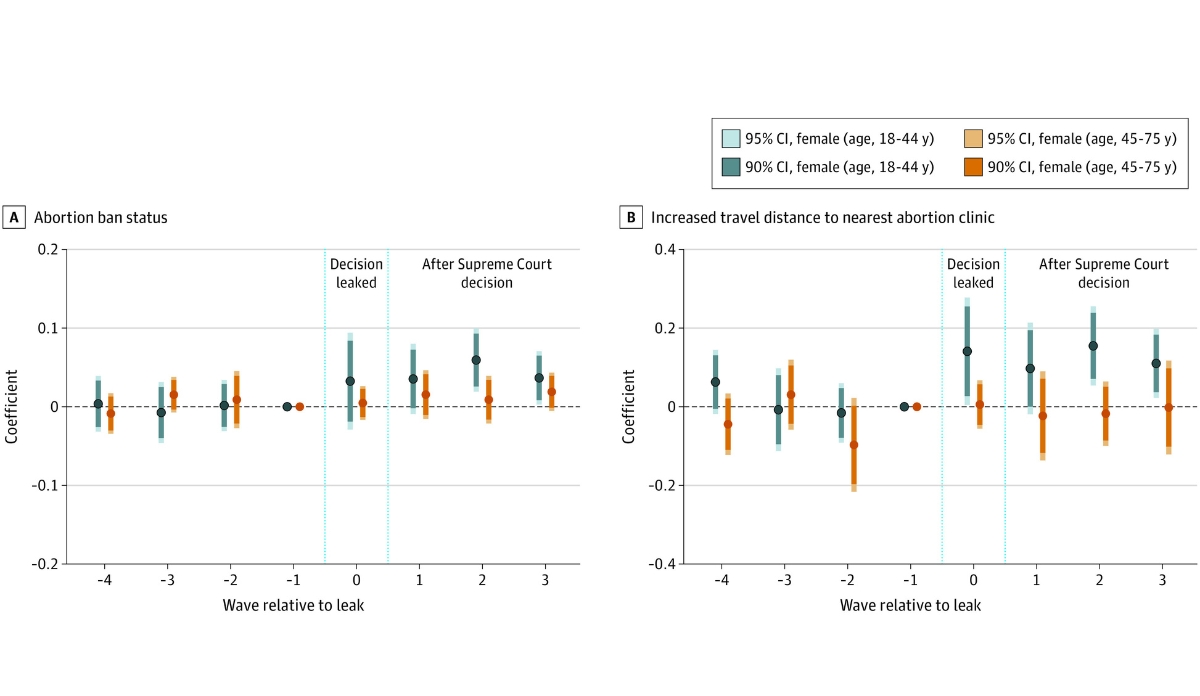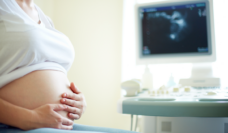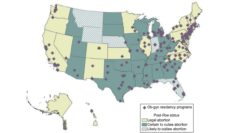June 24, 2022.
We knew what was coming thanks to the leak of a draft opinion a month earlier. But still, nothing could prepare many Americans for the profoundly difficult emotions tied to the day the Supreme Court overturned Roe v. Wade. The Dobbs v. Jackson decision overturned the constitutional right to an abortion. With a bang of the gavel, six of nine Supreme Court judges ended fifty years of assurance for women that they could make decisions about their bodies, pregnancies, and futures.
Those seeking abortions are now likelier to face barriers like needing to travel to another state or delaying care to save up for the trip and procedure. Many will be denied access to abortion care wholesale.
The consequences of the ruling are far-reaching, extending beyond the direct lack of bodily autonomy for women and people with uteruses. The President of the American Psychological Association warned that the decision would “exacerbate the mental health crisis America is already experiencing.”
Dhaval Dave and colleagues evaluated the change in stress, anxiety, and depression reported by 83,000 American women and people with uteruses, aged 18-45, after the Dobbs decision restricted legal access to abortion. Using data from the Census Bureau Household Pulse Survey, they analyzed answers to questions about mental health four months before and after June 24, 2022.
After the decision, respondents reported a 10% increase in mental distress compared to the months before the decision. Those who lived in states where abortions became illegal or whose distance to the nearest abortion clinic increased after the decision had even larger increases in distress. These trends were not seen among respondents above reproductive age (45-75 years old).
Consider a young woman who gets pregnant due to a failed contraceptive or because of sexual assault. Without access to an abortion, she may be forced to carry the pregnancy to term and either become a parent against her will or relinquish the infant for adoption. Both can lead to immense emotional and financial upset.
Dave and colleagues’ study suggests that the mental health consequences of restricted access to abortion affect not only those who have been refused the procedure but also women and pregnancy-capable people of reproductive age more generally.
Databyte via Dhaval Dave, Wei Fu, and Muzhe Yang. Mental Distress Among Female Individuals of Reproductive Age and Reported Barriers to Legal Abortion Following the US Supreme Court Decision to Overturn Roe v Wade. JAMA Network Open, 2023.














